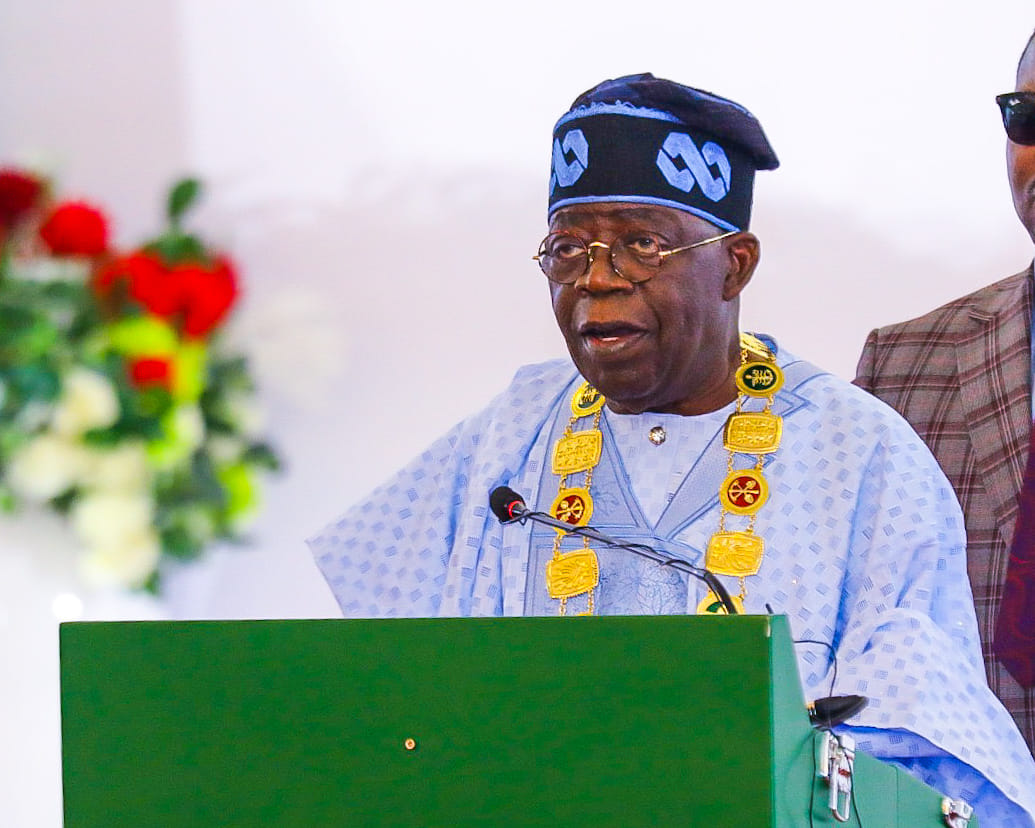
By LEVI JOHNSON
A development expert and founder of the Global Initiative for Nigeria Development, Michael Ale, has cautioned the Federal Government against implementing tax reforms that could exacerbate poverty among Nigerians.
Ale, in a statement issued Thursday in Ado Ekiti, Ekiti State, described the proposed tax measures as a “grossly capitalist policy” that risks stifling economic growth and worsening the living conditions of the poor. He urged the government to prioritize creating an enabling environment and addressing social challenges over imposing additional tax burdens on citizens.
“Tax Reforms Could Deepen Inequality”
According to Ale, the current economic climate in Nigeria is not conducive to reforms that heavily tax individuals and businesses, as the poor would ultimately bear the brunt.
“Tax reform will make the poor poorer and the rich richer,” Ale said.
He added that sustainable development requires a balance beyond merely increasing government revenue.
“For me, budgetary increase is not the sole indicator of national development. Environmental and social considerations are critical. Whatever is spent on infrastructure will not result in meaningful development if these other factors are neglected,” he explained.
Advocates for a Progressive Tax System
To mitigate the potential adverse effects of taxation on the masses, Ale proposed a progressive tax structure, where individuals and businesses are taxed based on their financial capacity. He argued that such a system would ensure a fairer distribution of the tax burden.
“Even if companies are taxed, the adverse effect will trickle down to the people who patronize their products and services. The poor always pay for the rich, irrespective of how the tax is structured,” he said.
Ale also recommended stricter corporate social responsibility (CSR) regulations, urging businesses to contribute directly to public infrastructure and community development.
Focus on Research and Job Creation
The development expert emphasized that government revenues should be channeled into areas that deliver long-term economic benefits, such as research, job creation, and human capital development.
“More budgetary allocations should not only focus on development but also on increasing research output, job creation, and training for human capital development,” Ale advised.
Call for Inclusive Policies
Ale urged the government to adopt policies that promote inclusivity and equity, ensuring that reforms do not disproportionately impact vulnerable populations.
“Reforms must be designed to benefit all Nigerians and not create more inequality. The government must ensure that inclusivity and equity are at the heart of policy design,” he said.